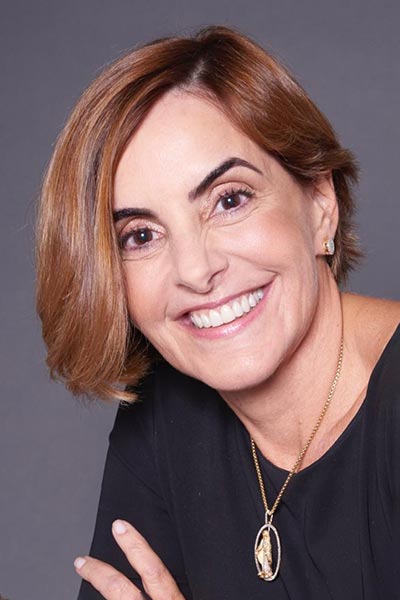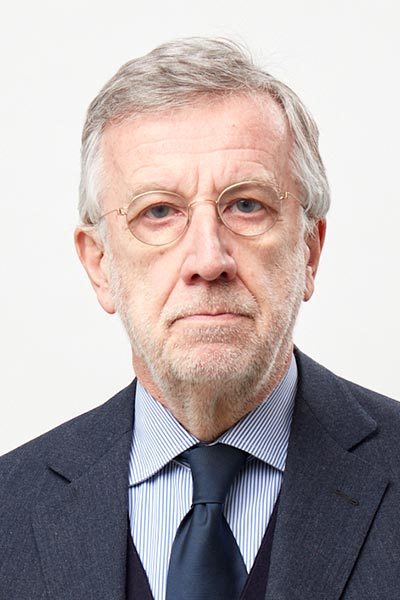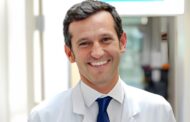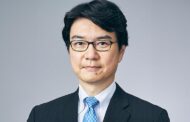
The World Health Organization Essential Medicine List identifies priority medicines that are most important to public health, including several cancer therapies. However, major barriers exist in accessing some of these treatments, including some for lung cancer.
The 2022 World Conference on Lung Cancer’s closing Plenary Session, “Access to Drugs” will address this important topic and how it affects patients with lung cancer throughout the world. The session will take place Tuesday, August 9 at 15:45 CEST in Hall C1.
Lung cancer is a global burden and is estimated to be the second most common cancer worldwide. Additionally, the incidence of lung cancer is increasing. To make progress in the diagnosis and management of lung cancer more work is needed, especially in providing access to healthcare and effective treatments.
“Unfortunately, there is a difference in access to molecular studies and treatment of patients according to income,” said co-moderator Clarissa Mathias, MD, who is past president of the Brazilian Society of Medical Oncology, and a past member of the IASLC Board of Directors. “Some nations do not reimburse the use of medications from the World Health Organization’s essential list.”

Closing Plenary: Access to Drugs
- Time: 15:45 – 16:45 CEST
- Date: Tuesday, August 9
- Location: Hall C1
- Moderators: Yi-Long Wu, MD, and Clarissa Mathias, MD
During the Plenary Session, Dr. Mathias will be joined by fellow moderator Yi-Long Wu, MD, of Guangdong Provincial People’s Hospital, China. Speakers in the session will address access to cutting-edge drugs and research, and how the oncology community can work to improve access around the world.

The first speaker in the session will be past IASLC President Giorgio Scagliotti, MD, PhD, University of Turin, Italy, who will discuss how to double lung cancer survival within five years.
“I will try to communicate to the audience that the time for lung cancer screening is now because lung cancer screening offers an opportunity to drive earlier detection and reduce mortality,” Dr. Scagliotti said. “We need to tailor eligibility criteria for lung cancer screening to reach those at higher risk and develop targeted outreach to address inequalities and barriers to lung cancer screening participation.”
Dr. Scagliotti’s lecture will be followed by presentations from Nir Peled, MD, PhD, of Shaare Zedek Medical Center, The Hebrew University, Israel, on access to drugs, and Francesco Pignatti, MD, Head of Oncology, Haematology, Diagnostics at European Medicines Agency, on drug development in the 21st century.
Dr. Mathias said she encourages people to attend this interesting plenary session.
“These are sensitive topics, especially after the COVID-19 pandemic, and because lung cancer is becoming increasingly more costly,” she said.





